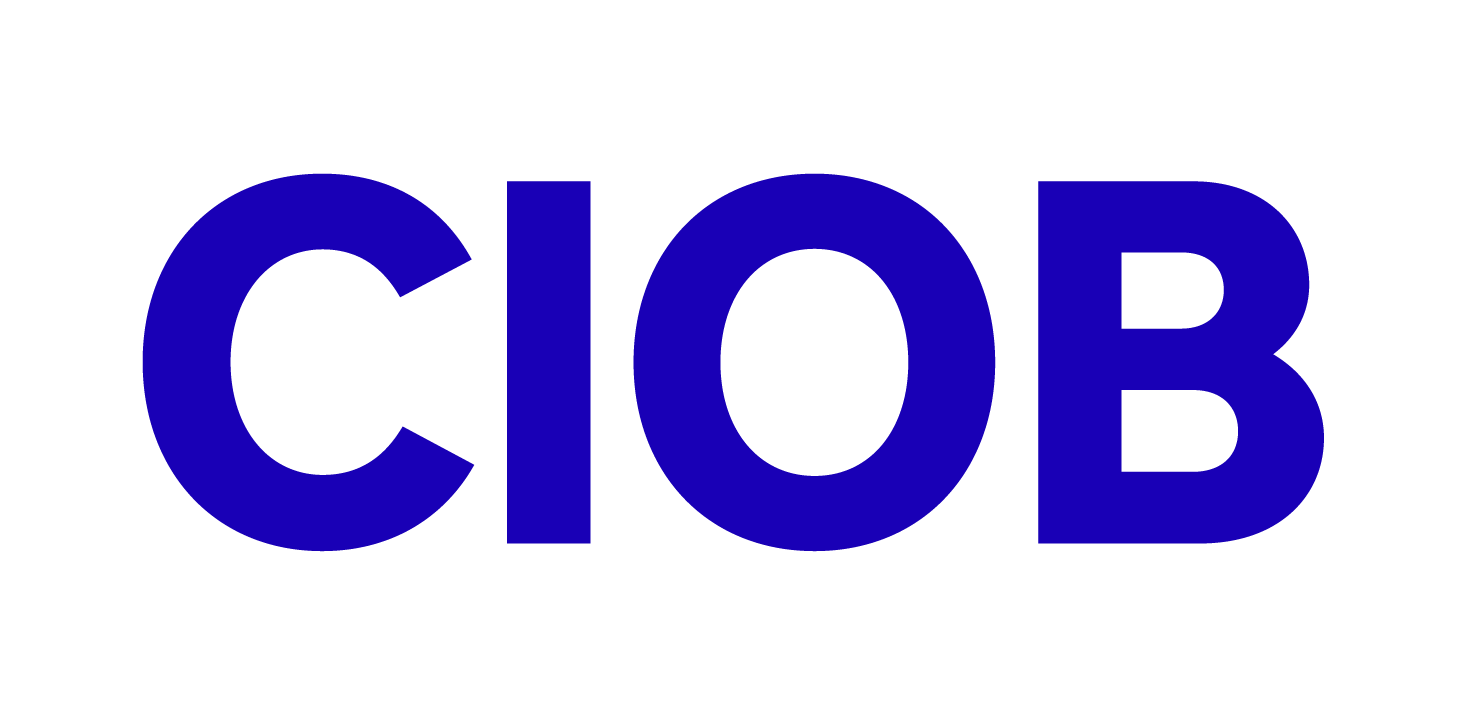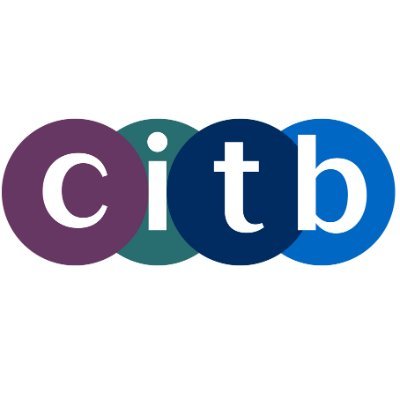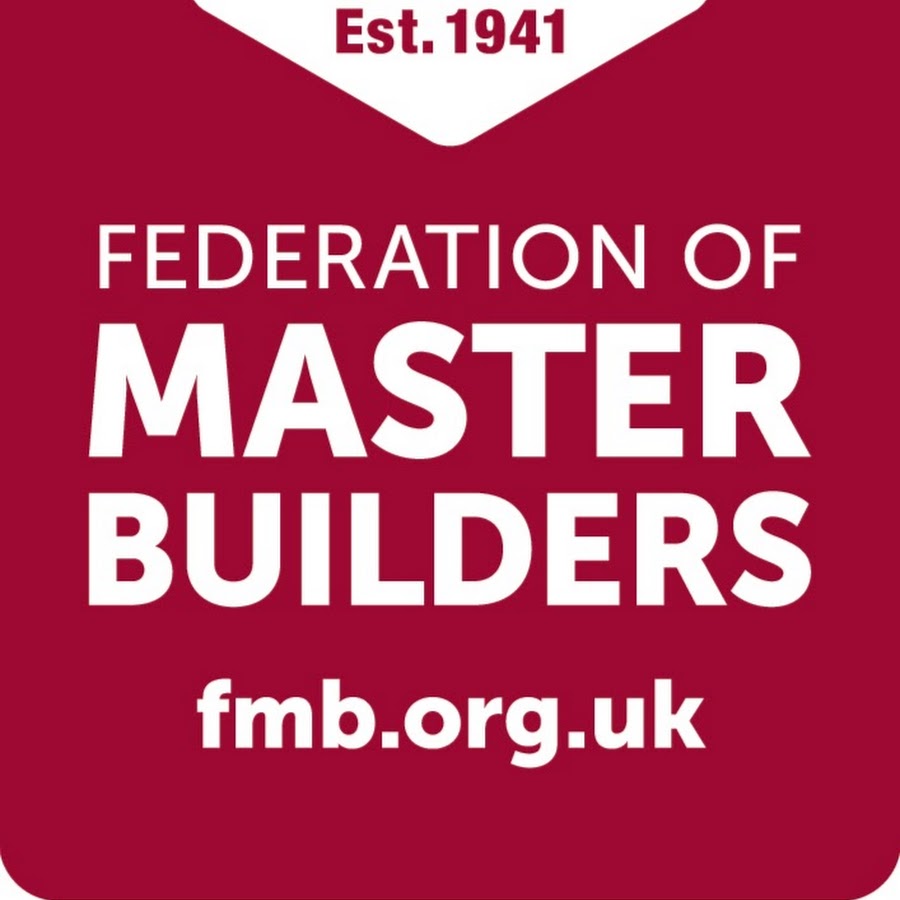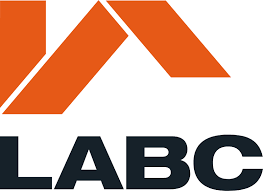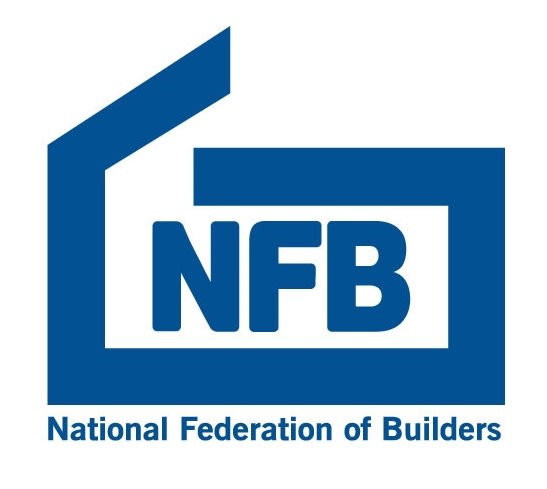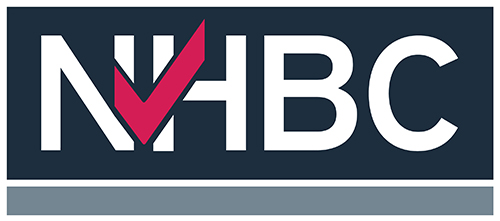The results of this survey will help Build UK to improve the Journey from Education into Employment in the industry, and the deadline for responses is 4:00pm on Friday 8 July and all individual responses will be treated confidentially.
CLICK HERE to complete the survey
In the first year of its inception post-Covid, the G4C Midlands committee have established 2 successful event series: a monthly breakfast networking event and a quarterly CPD session. In order to gain further reach across the industry and region the committee are now also launching evening networking socials.
In an effort to maintain accessibility for all young professionals who wish to come along, the committee have decided to keep all events free. To date, this has been possible thanks to the support of CE Midlands but we are now looking to form partnerships with member organisations who are keen to support the industry’s young professionals.
To cover our events for the 2022-23 financial year, the committee are hoping to receive a minimum of £4000 either from one very generous member organisation or a maximum of 4. In return, communications about the sponsorship(s) will be arranged by the committee via LinkedIn and at our events.
Please do get in touch if you have any queries!
Contact: lynn.broughton@cemidlands.org
The road to net zero is not an easy one, but social housing group, Sanctuary, is putting it at the forefront of its agenda.
Listen to the second episode in the ‘How We Live… Sustainably’ podcast series, where their head of affordable housing, Jacqueline Knox, is joined by Donna Williams, Group Director – Sustainability and Climate Change at social housing group – Sanctuary.
Head to their website HERE to tune in to the latest episode where they discuss the Greener Future Partnership that Sanctuary is now a part of, the benefits the company and its customers are seeing from its approach to sustainability and a discussion about the operational practices Sanctuary is already working on, the organisation’s plans for the next 10 years and what social sustainability means to the business.
The social housing group currently invests around £1.4 million a year towards various sustainability projects that support the broader connection and resilience of its communities.
A Get It Right Initiative (GIRI) event recently addressed the question ‘How does the procurement phase affect our ability to reduce errors and improve productivity in construction’. One of the distinguished panellists at the event was Mark Farmer from Cast Consultancy, author of ‘Modernise or Die’ and Co-Chair of Constructing Excellence. He argued that poor procurement “is one of the reasons we keep spinning our gears as an industry”.
He added: “No one is breaking out of the cycle, no one is thinking differently about how we set the job up properly, about how we make procurement an integrated process beyond the transaction.” This prompted Martyn Jones revisit some of the past work of CESW’s Procurement & Productivity Theme Group and their attempt to identify the key principles of procurement and to integrate procurement seamlessly with implementation.
The members of the Procurement & Productivity Group had the long-held the view that effective procurement is the key to unlocking the potential in project teams and supply chains to improve quality and increase productivity. This included identifying, after much discussion back in 2019, what the group saw as the Top 10 Principles of Procurement. Here they are again:
- Clearly and unambiguously define what it is you want to procure
- Adopt the right procurement route for your desired outcomes
- Understand the risks that exist, and allocate them to whoever is best placed to manage them
- Select an appropriate standard Form of Contract limiting amendments to reflect agreed commercial arrangements
- Speak to Contractors and their Supply Chain as early on in the process as you can
- Carefully consider the size of the tender list – too many and tenderers will lose interest
- Allow sufficient time for the tender and tender review process
- Evaluate tender returns based on value, not on cheapest tender cost
- Commit to suppliers early to allow time for collaborative planning, value management and secure resources
- Provide feedback to the unsuccessful tenderers
But we went further, anticipating Mark Farmer’s view that “we need to make procurement an integrated process beyond the transaction”, by adding our Top 10 Principles of Implementation. We argued that having assembled the most appropriate team for the project using CESW’s Top 10 Principles of Procurement the project and supply chain partners should then commit to:
- As customers: continuing to clearly and unambiguously mandate and communicate our desired outcomes to key suppliers downstream in the supply chain
- As suppliers: making our upstream customers’ desired outcomes the central focus of our project and supply chain activity
- Creating an environment in which relationships are enhanced and supply chain partners work as collaboratively as possible within the chosen operating system and contractual and commercial arrangements
- Adopting a process-oriented approach that crosses organisational boundaries, focuses on values, goals and ends rather than actions and means, relates all processes to internal and external customer needs, and seeks out opportunities to reduce waste and add value
- Working to build mutual competitive advantage by fulfilling shared project and supply chain objectives whilst still meeting individual corporate objectives
- Incentivising and rewarding in ways that encourage the desired outcomes to be delivered to the required quality, on time and to budget, safely and without adversely affecting the health and wellbeing of people and harming the natural environment
- Working proactively to drive out opportunistic behaviour and conflict and facilitate the early resolution of potential issues and disputes
- Maintaining supplier accounts fairly and paying interim payments in full and in the agreed time and settling final accounts in a timely manner as set out in a mutually agreed Fair Payment Charter
- Providing constructive feedback and sharing learning on best practice, identifying areas for change and developing strategies for improvement
- Celebrating success and working successfully together again.
Clearly much has changed since 2019 when these principles were first mooted, including the evidence from the Grenfell enquiry and the Building Safety Bill gaining Royal Assent. As an industry we are also seeing greater emphasis on the deployment of Modern Methods of Construction (MMC) including more off-site production. And not forgetting of course the growing imperative to address the climate crisis.
These drivers of change will continue to shape the way we go about procuring project teams and supply chains and how they can be led and managed to work more seamlessly and creatively.
We don’t view our Top 10 Procurement and Implementation Principles as being all-encompassing (as the title indicates, just the Top 10) or set in stone. We know they need to be constantly revisited, rethought and reshaped as necessary so that they remain fit for purpose in meeting changing circumstances. CESW and its Theme Groups continue to provide a vehicle for this vital work.
This piece was written by Martyn Jones




